Proper Teeth Alignment: How Should Your Teeth Sit for a Healthy Smile?
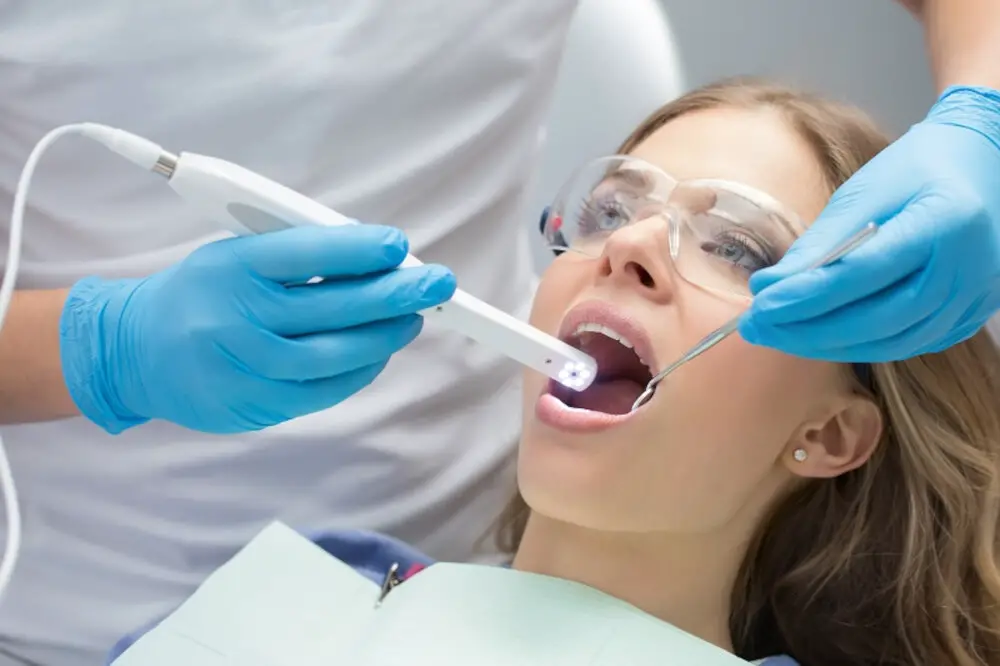
A healthy smile is not only aesthetically pleasing but also a vital aspect of overall oral health. Proper teeth alignment plays a crucial role in achieving a healthy smile. Teeth that are correctly aligned not only look good but also function correctly, making it easier to bite, chew, and speak. However, misaligned teeth can cause several oral health problems, including gum disease, tooth decay, and bad breath, among others. Teeth alignment refers to the position of teeth in the mouth concerning the jaw and other teeth. Ideally, teeth should sit straight on top of each other, with the upper teeth slightly overlapping the lower teeth. When teeth are misaligned, they may be too crowded or too widely spaced, and they may also protrude or tilt in different directions. A dentist can evaluate teeth alignment and recommend appropriate treatment options to correct any problems. In the following sections, we will discuss the importance of proper teeth alignment and how to achieve a healthy smile by ensuring that your teeth sit correctly.
Proper teeth alignment is crucial for maintaining a healthy and attractive smile. When teeth are properly aligned, they are easier to clean, reducing the risk of plaque buildup, gum disease, and tooth decay. Proper teeth alignment also ensures that the force of your bite is distributed evenly, preventing excess wear and tear on certain teeth. In addition to the health benefits, proper teeth alignment can also improve the appearance of your smile, boosting your self-confidence and overall quality of life. Whether through orthodontic treatment or other means, taking steps to achieve proper teeth alignment is a worthwhile investment in your oral health and overall well-being.
The purpose of the article \Proper Teeth Alignment: How Should Your Teeth Sit for a Healthy Smile\ is to educate readers on the importance of having properly aligned teeth for overall oral health. The article aims to explain how teeth alignment affects not only the appearance of a person’s smile but also their ability to maintain good oral hygiene and prevent dental problems such as tooth decay and gum disease. Additionally, the article provides information about different methods of teeth alignment such as braces and clear aligners, as well as tips for maintaining proper teeth alignment and oral hygiene. Overall, the article seeks to emphasize the importance of proper teeth alignment for a healthy and confident smile.
What is Proper Teeth Alignment?
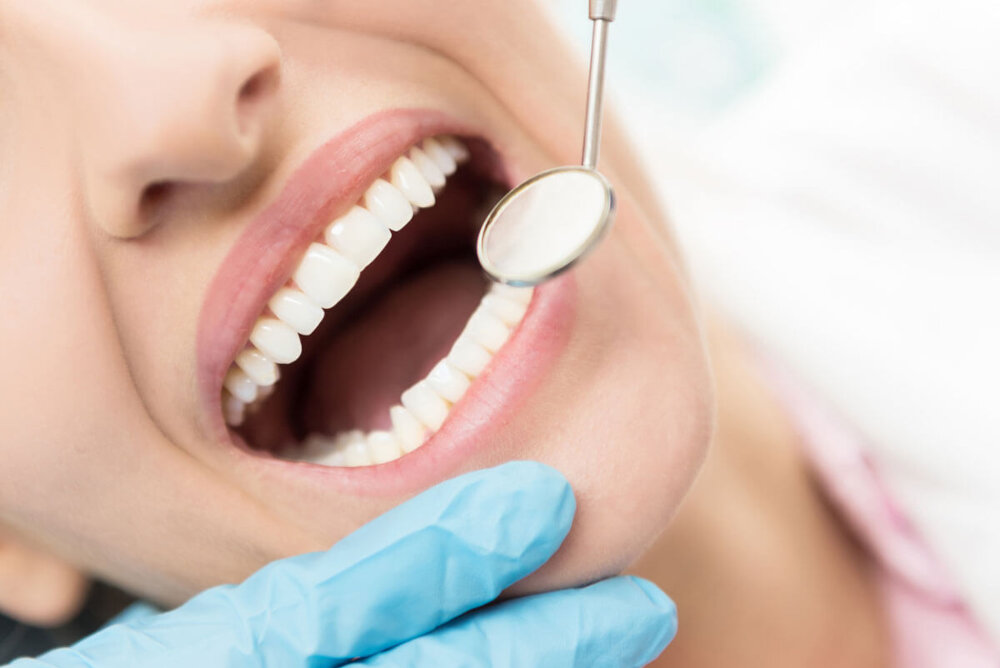
Proper teeth alignment is the ideal positioning of your teeth in your mouth. It involves the correct arrangement of teeth in the jawbone and the way they occlude or meet when you bite down. When teeth are not correctly aligned, it can cause a range of oral health problems such as difficulty in biting and chewing, speech difficulties, and even gum disease. Conversely, correct teeth alignment ensures better oral health and can have a significant impact on your overall wellbeing. Correct teeth alignment is essential for a beautiful smile. It involves the proper positioning of teeth in the jaw, which, in turn, determines how the teeth occlude or come together when you bite down. Proper teeth alignment is necessary for proper chewing, speech, and jaw movement. Teeth that are not correctly aligned can cause jaw pain and discomfort, leading to dental problems such as gum disease and tooth decay. Proper teeth alignment can bring about a healthy and beautiful smile that can boost your confidence and improve your overall quality of life.
Proper teeth alignment refers to the optimal positioning of teeth within the dental arch, which allows for an aesthetically pleasing and functional bite. When teeth are aligned correctly, they fit together precisely, enabling the teeth to work together efficiently during activities such as biting, chewing, and speaking. Proper teeth alignment can also reduce the risk of developing dental problems such as tooth decay, gum disease, and temporomandibular joint (TMJ) disorders. Additionally, having straight teeth can improve one’s self-confidence and overall oral health, making it an important aspect of dental care.
Proper teeth alignment plays a crucial role in maintaining a healthy and beautiful smile. Ideally, teeth should be aligned in a way that allows for effective biting, chewing, and speaking. Misaligned teeth, on the other hand, can lead to a host of problems, such as difficulty in cleaning, increased risk of gum disease, and even jaw pain. A well-aligned bite ensures that the pressure of biting and chewing is distributed evenly across all teeth, preventing excessive wear and tear. Orthodontic treatment such as braces or aligners can help correct misalignment and improve oral health. It is important to consult a dental professional to determine the best course of action for achieving proper teeth alignment.
Proper teeth alignment plays a crucial role in maintaining a healthy and attractive smile. A well-aligned set of teeth can make it easier to chew food, improve speech, and prevent jaw pain. In addition, straight teeth are easier to clean, reducing the risk of gum disease and tooth decay. Proper alignment can also contribute to improved self-esteem, as a beautiful smile can boost confidence and make a person feel more comfortable in social situations. As such, investing in orthodontic treatment to achieve proper teeth alignment can be a worthwhile investment in both oral health and overall well-being.
Causes of Improper Teeth Alignment
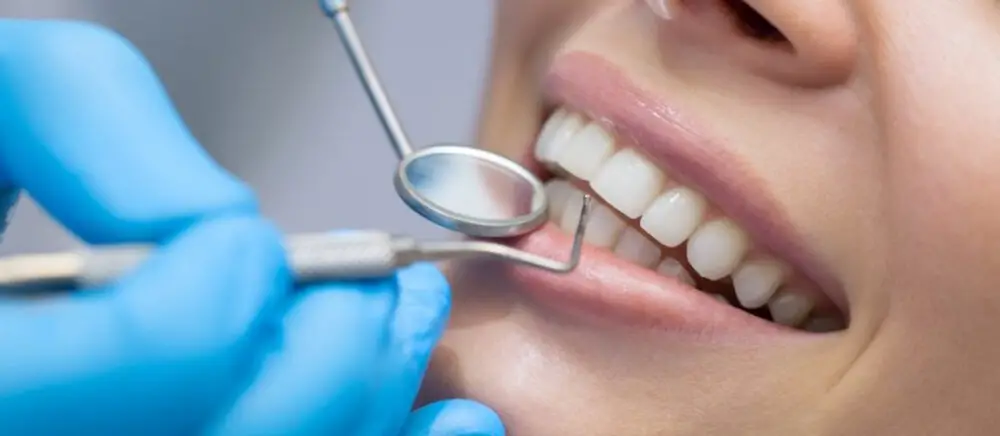
Improper teeth alignment can be caused by a number of factors. One of the most common causes is genetics. If a parent has crooked teeth, there is a strong likelihood that their child will also have crooked teeth. This is because the shape and size of the jaws are inherited, and if they are too small or too large, there may not be enough space for the teeth to grow in straight. Other factors that can contribute to improper teeth alignment include thumb-sucking, tongue thrusting, and mouth breathing. These habits can cause pressure on the teeth and jaw, which can lead to misalignment. Another cause of improper teeth alignment is poor oral hygiene. When teeth are not cleaned properly, plaque and bacteria can build up, leading to gum disease and tooth decay. These conditions can cause the gums to pull away from the teeth, creating gaps and spaces that can cause teeth to shift and become misaligned. Additionally, injuries to the mouth and face can also cause improper teeth alignment. Trauma to the jaw or teeth can cause them to shift or become loose, leading to misalignment. It is important to seek immediate dental care if an injury to the mouth or face occurs to prevent further damage and ensure proper healing.
Improper teeth alignment is a common problem that affects many individuals. One of the most common causes of this problem is genetics. Inherited traits can cause an individual to have a smaller or larger jaw, which can create crowding or gaps between teeth. Another cause of improper teeth alignment is poor oral habits, such as thumb-sucking or tongue thrusting. These habits can put pressure on the teeth and cause them to shift or become misaligned. In addition, injuries to the mouth or jaw can also lead to improper teeth alignment. Finally, poor nutrition can also play a role in the development of this problem, as a lack of essential vitamins and minerals can affect the growth and development of the teeth and jaw. Understanding the common causes of improper teeth alignment can help individuals take steps to prevent this problem from occurring and maintain a healthy, beautiful smile.
Genetics can play a significant role in determining the alignment of teeth. Dental issues such as overcrowding, overbite, or underbite can be inherited from parents. The size and shape of the jaw, as well as the number and size of teeth, can be determined by a person’s DNA. For example, if a person’s parents have a small jaw or crowded teeth, it is likely that the child will also have these dental issues. Additionally, genetics can influence the alignment of teeth during development. Certain genetic factors can affect the growth and positioning of teeth, making them more prone to misalignment. While genetics can play a role in teeth alignment, it is important to remember that good oral hygiene can help prevent or correct many dental issues.
Habits such as thumb sucking, tongue thrusting, and mouth breathing can affect teeth alignment in several ways. Thumbsucking, for instance, can lead to an overbite or protrusion of the front teeth, as the pressure from the thumb can push the teeth forward. Similarly, mouth breathing can cause the upper front teeth to become more vertical, as the tongue is not in its proper position to support the teeth. Tongue thrusting, on the other hand, can cause the front teeth to move forward and create an open bite, where the upper and lower teeth do not meet properly. These habits can lead to misaligned teeth, which can affect the overall health of the mouth and jaw. It is important to address these habits early on to prevent long-term issues and ensure proper teeth alignment.
Consequences of Improper Teeth Alignment
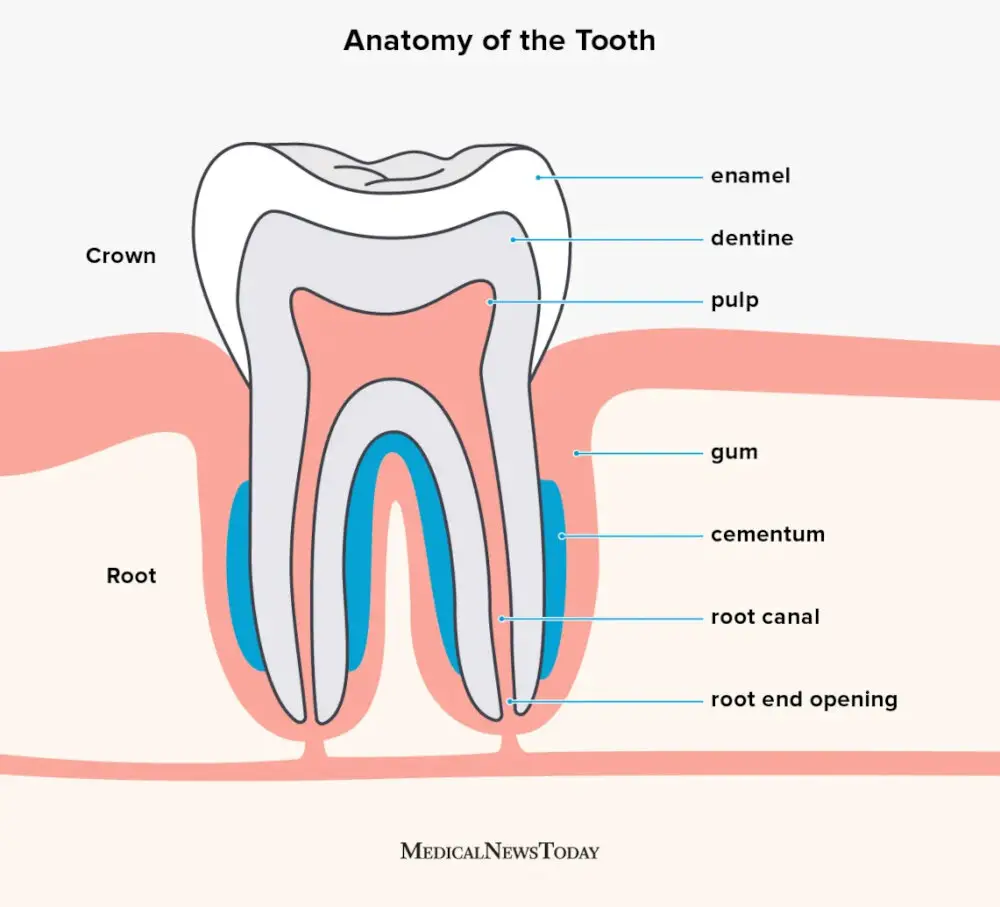
Improper teeth alignment can lead to a variety of dental issues and impact your oral health negatively. Crooked or misaligned teeth can make it difficult to maintain proper oral hygiene, leading to the accumulation of plaque and bacteria. This can cause tooth decay, gum disease, bad breath, and other oral health problems. In addition, misaligned teeth can put excessive pressure on certain teeth, leading to uneven wear and tear, as well as jaw pain and headaches. Over time, this can also cause teeth to shift and create even more dental issues. Furthermore, improper teeth alignment can also affect your confidence and self-esteem. Many people with crooked or misaligned teeth feel self-conscious about their smile and may avoid social situations or hide their teeth when they smile or speak. This can impact their personal and professional relationships, as well as their overall quality of life. By addressing teeth alignment issues, you can improve your oral health, boost your confidence, and enjoy a healthier, happier smile.
Improper teeth alignment can have several negative effects on a person’s oral health and overall well-being. One of the most common issues is difficulty in maintaining good oral hygiene, which can lead to tooth decay, gum disease, and bad breath. Misaligned teeth can also cause jaw pain, headaches, and difficulty chewing, which can affect a person’s ability to enjoy their food. Furthermore, crooked teeth can have a negative impact on a person’s self-esteem and confidence, leading to social anxiety and avoidance of social situations. It is, therefore, essential to seek proper teeth alignment treatment to avoid these negative effects and achieve a healthy and confident smile.
Improper teeth alignment can significantly impact oral health. Teeth that are crowded or crooked can be difficult to clean, leading to a buildup of plaque, tartar, and bacteria. This buildup can lead to tooth decay, gum disease, and bad breath. Misaligned teeth can also cause uneven wear and tear on teeth, leading to chips, cracks, and even fractures. Additionally, improper alignment can affect the way the jaw functions, leading to jaw pain, headaches, and even temporomandibular joint disorder (TMJ). Correcting misaligned teeth through orthodontic treatment not only improves the appearance of the smile but also promotes better oral health and overall well-being.
Improper teeth alignment can have a significant impact on overall health. Misaligned teeth can make it difficult to clean teeth and gums properly, leading to an increased risk of tooth decay, gum disease, and bad breath. Additionally, misaligned teeth can cause jaw pain, headaches, and even affect speech. In severe cases, misaligned teeth can lead to sleep apnea, a condition that causes interrupted breathing during sleep and can lead to more serious health problems. It is important to address misaligned teeth as early as possible to prevent these potential complications and maintain overall health and well-being.
Treatment Options for Improper Teeth Alignment

Improper teeth alignment is a common dental issue that affects people of all ages. It can cause a range of problems, including difficulty chewing, speech impediments, and self-consciousness about one’s appearance. Fortunately, there are several effective treatment options available for those seeking to correct their teeth alignment. One of the most common treatments for improper teeth alignment is braces. Braces work by applying gentle pressure to the teeth over time, gradually moving them into the desired position. They are typically made of metal wires and brackets that are attached to the teeth and adjusted periodically by an orthodontist. While braces can be uncomfortable and require regular maintenance, they are highly effective at correcting a wide range of alignment issues. In some cases, clear or ceramic braces may be used for a more discreet treatment option. Additionally, newer technologies such as Invisalign, which use clear, removable aligners, are becoming increasingly popular for their convenience and cosmetic benefits.
Proper teeth alignment is essential for a healthy and beautiful smile. The good news is that there are several common treatment options available to help achieve the desired alignment. Braces and aligners are two of the most popular treatments. Braces consist of brackets and wires that are attached to the teeth and adjusted by an orthodontist over time. Aligners, on the other hand, are virtually invisible trays that gradually shift the teeth into the desired position. Both options have their advantages and disadvantages, and it’s important to consult with an orthodontist to determine which treatment is best for you. With the right treatment, you can achieve a perfectly aligned smile that not only looks great but also promotes good oral health.
There are several treatments available to correct improper teeth alignment, each with its unique approach to aligning teeth. Traditional braces use brackets and wires to apply gentle pressure to the teeth over time, gradually moving them into the desired position. Clear aligners, such as Invisalign, use a series of custom-made, clear plastic trays to shift the teeth into alignment. Lingual braces are similar to traditional braces, but the brackets and wires are placed on the back of the teeth, making them less visible. Ceramic braces are similar to traditional braces, but the brackets are made of clear or tooth-colored material, making them less noticeable. All of these treatments work by applying pressure to the teeth, causing them to gradually move into the desired position, resulting in a healthier, more attractive smile.
When it comes to teeth alignment, there are several treatment options available. Traditional metal braces are effective for severe cases, but they can be uncomfortable, unsightly, and require frequent adjustments. Clear aligners, such as Invisalign, are nearly invisible and can be removed for eating and oral hygiene, but they may not be as effective for complex cases. Lingual braces are placed on the inside of the teeth, making them invisible, but they can be difficult to clean and may cause speech difficulties. Additionally, orthodontic treatment can be costly and time-consuming, requiring frequent appointments and adjustments. Ultimately, the best treatment option will depend on the individual’s specific needs and preferences, as well as their budget and time constraints.
Proper teeth alignment is an essential aspect of oral health and can have a significant impact on a person’s overall well-being. Teeth that are correctly aligned not only provide a more aesthetically pleasing smile but also contribute to better oral hygiene. Straight teeth are easier to clean, reducing the risk of dental problems like cavities and gum disease. Additionally, correct alignment can improve a person’s bite, preventing jaw pain, headaches, and other issues associated with improper jaw alignment. Proper teeth alignment can also boost a person’s confidence, as they feel more comfortable smiling and interacting with others. Therefore, it is essential to ensure that your teeth are correctly aligned and to seek orthodontic treatment if necessary.
Seeking treatment for improper teeth alignment can have a myriad of benefits for your oral health and overall well-being. Straightening your teeth can improve your bite, reduce the risk of tooth decay and gum disease, and make it easier to clean your teeth properly. Additionally, properly aligned teeth can improve your speech and boost your confidence by providing a more aesthetically pleasing smile. Treatment options such as braces and clear aligners are available to address improper teeth alignment, and a consultation with a dental professional can help determine the best course of action for your individual needs. Don’t let crooked teeth hold you back from achieving optimal oral health and a confident, healthy smile.
Your smile is one of the first things people notice about you, and it can have a significant impact on your confidence and self-esteem. Therefore, it’s crucial to prioritize your oral health and ensure that your teeth are properly aligned. Crooked or misaligned teeth can lead to a host of dental problems, such as tooth decay, gum disease, and difficulty chewing and speaking. By taking steps to straighten your teeth, you can improve your overall dental health and prevent future complications. Whether you choose traditional braces or Invisalign, investing in your oral health is an investment in yourself. Don’t wait any longer to achieve the healthy, beautiful smile you deserve.
Conclusion
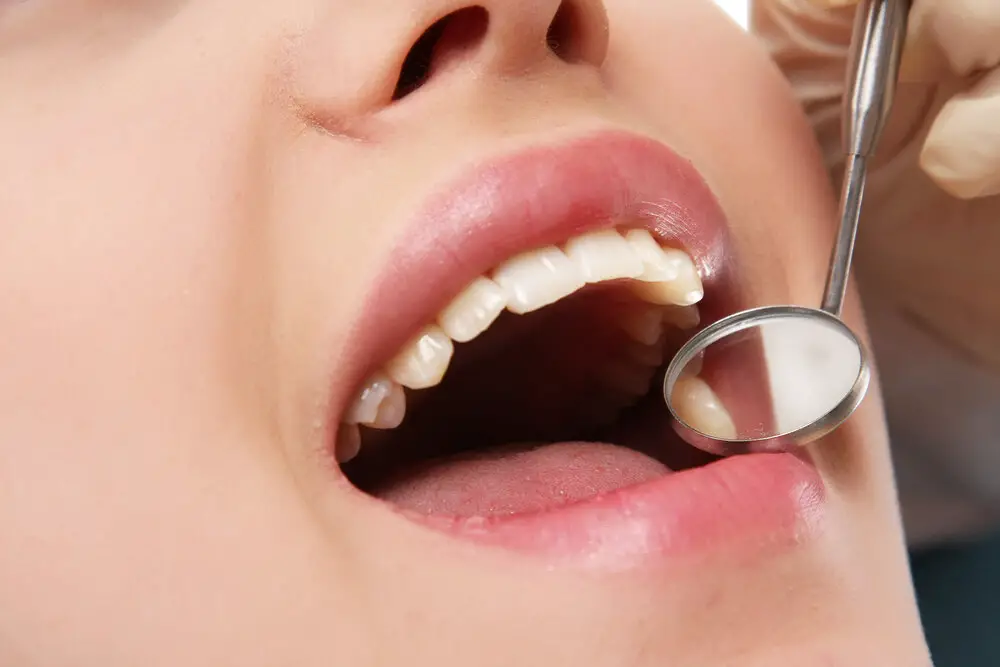
In conclusion, proper teeth alignment is crucial for achieving a healthy and beautiful smile. It not only enhances your appearance but also improves your overall oral health. Misaligned teeth can lead to several dental issues, including tooth decay, gum disease, and even tooth loss. Therefore, it’s essential to ensure that your teeth are properly aligned, either through orthodontic treatment or other corrective measures. A healthy smile not only boosts your confidence but also contributes to your overall well-being. So take the necessary steps to achieve proper teeth alignment and enjoy a healthy, beautiful smile for years to come.






